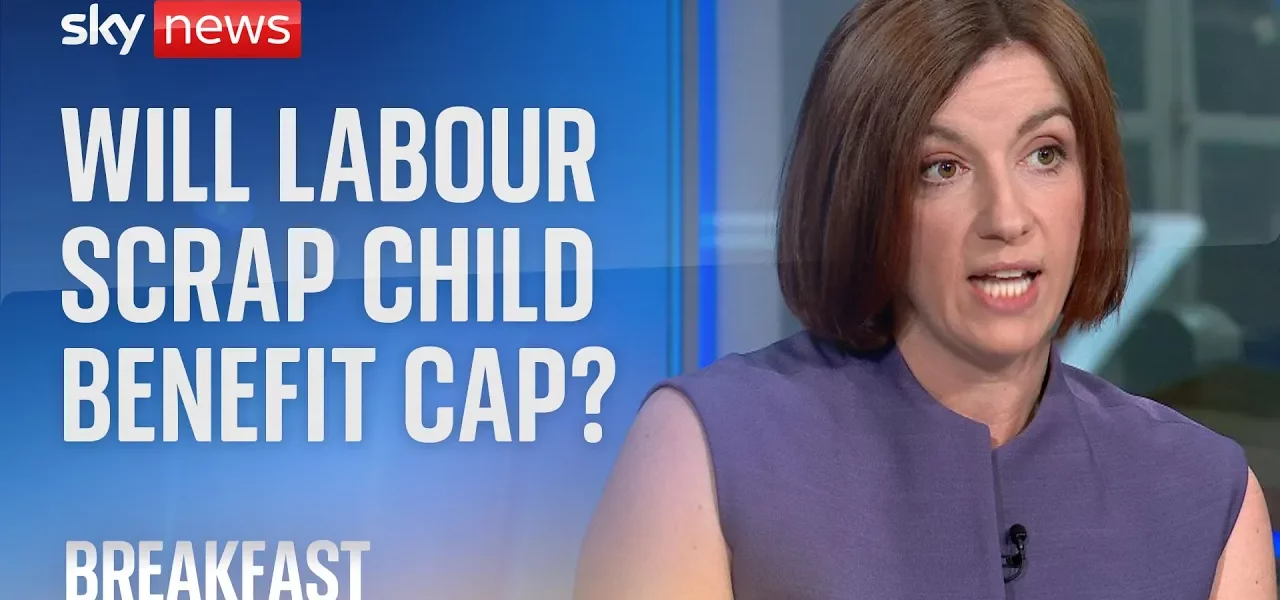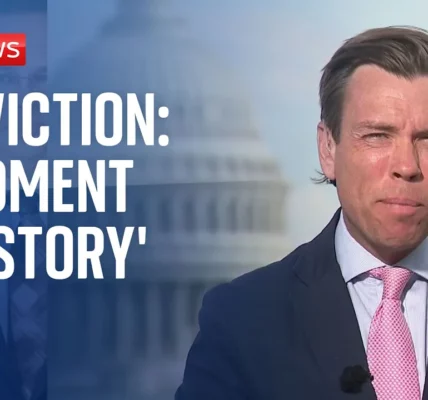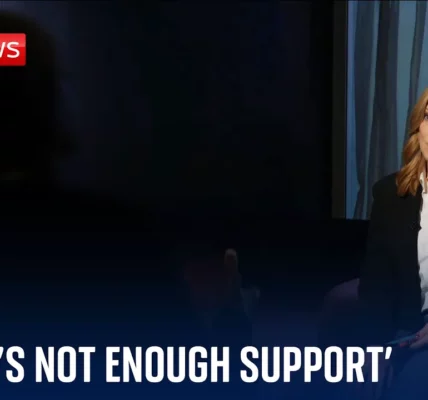Bridget Philipson Discusses Education and Skills Development

This article delves into the insights shared by Education Secretary Bridget Philipson regarding the UK’s education system, the importance of skills development, and the government’s role in addressing child poverty and public sector pay.
Introduction
In a recent interview, Education Secretary Bridget Philipson touched on various pressing topics related to the education system in the UK. Her insights reveal a commitment to improving education and skills, addressing child poverty, and fostering strong relationships between nations. In this article, we will explore her views on these critical issues and the steps her government plans to take in response to them.
The Importance of a Skilled Workforce
Bridget Philipson emphasized the need for the UK to take skills development seriously. She believes that providing young people with opportunities for apprenticeship and training is essential for the nation’s economic growth.
Plans for Skills England
Philipson outlined her government’s plans to create a comprehensive framework known as “Skills England.” This initiative aims to:
- Identify skill shortages across various sectors.
- Establish training programs that align with emerging job opportunities.
- Collaborate with employers, regional mayors, and educational institutions to enhance the training landscape.
This structured approach is expected to address the current fragmented system and provide clarity for both educators and students.
Addressing Behavioral Issues in Schools
Behavioral challenges in schools have become a significant concern, contributing to teacher attrition and affecting student learning outcomes. Philipson stressed the necessity for high expectations regarding behavior in classrooms, noting that:
Role of Parents and Schools
She believes that parents must actively support schools in maintaining discipline. Philipson stated:
- Teachers are facing a tough job with increasing behavioral issues.
- Government must support schools to ensure a conducive learning environment.
Mental Health Support Initiatives
In addition to behavioral expectations, the government plans to enhance mental health support for students. This includes:
- Reforming support systems for children with special educational needs and disabilities.
- Providing additional resources for mental health initiatives in schools.
By addressing these areas, Philipson aims to create a safe and orderly environment conducive to learning.
Tackling Child Poverty
Child poverty remains a critical challenge, and Philipson expressed her commitment to addressing this issue. During the interview, she highlighted several key aspects of her strategy:
Government Task Force
Philipson is leading a task force, in collaboration with Work and Pensions Secretary Liz Kendall, focused on reducing child poverty across the UK. The task force aims to:
- Review current policies and their effectiveness.
- Implement new measures to directly combat child poverty.
- Consider universal free breakfast clubs as part of the solution.
Multi-faceted Approach
She acknowledged that tackling child poverty involves addressing various factors, including:
- Housing stability.
- Employment opportunities and fair wages.
- Access to quality education and training.
This holistic approach aims to create better life chances for children and families in the UK.
Public Sector Pay and Investment in Education
Philipson also addressed concerns regarding public sector pay, particularly for teachers. She recognized the invaluable work educators do and the need for fair compensation.
Funding and Fiscal Responsibility
While discussing the implications of a potential pay increase, she stated:
- The previous government failed to adequately address teacher pay and support.
- The current government is working to resolve pay issues as a priority.
Investment in State Schools
Philipson reiterated the importance of investing in state schools and announced plans to:
- Implement VAT on private schools to redirect funds into the state education system.
- Ensure that financial resources are allocated effectively to benefit the majority of children attending state schools.
These measures are designed to level the playing field and enhance educational opportunities for all students.
Conclusion
Bridget Philipson’s insights provide a comprehensive overview of the UK government’s commitment to improving education, addressing child poverty, and fostering a skilled workforce. Her plans for Skills England, emphasis on behavioral standards in schools, and initiatives to combat child poverty reflect a proactive approach to some of the most pressing challenges facing the education system today. As the government moves forward, staying informed about these developments will be vital for educators, parents, and policymakers alike.
For more information on education policies and initiatives, be sure to check out our related articles on skills development and tackling child poverty.
“`




